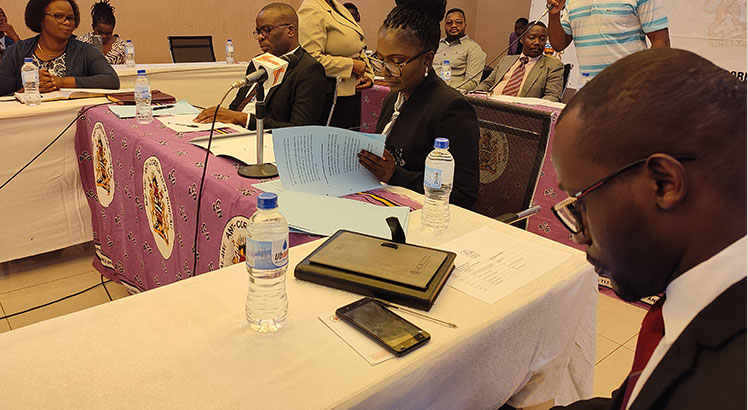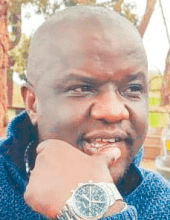ACB records 36 000 cases in 25 years
The Anti-Corruption Bureau (ACB) yesterday said it has registered and processed 36 878 cases during the 25 years of its existence.
Briefing journalists in Lilongwe yesterday, ACB director-general Martha Chizuma said 26 210 of the cases, representing 71 percent, were either closed or referred to other institutions.
She said 10 615 of the cases, representing 29 percent, were recommended for investigations.
Chizuma said the highest number of completed cases was achieved between 2004 and 2014 when 5 314 cases were completed, with 1 308 recommended for prosecutions.
She said: “A total of 425 corruption cases were successfully prosecuted and completed in various courts across Malawi between 2004/05 and 2022/23 period.

“Of these cases, 158, which represents 37 percent, were convictions, 94 cases , representing 22 percent were acquittals, 40 cases [nine percent] were discharges/withdraws, 30 cases [seven percent] were civil matters, 96 [23 percent] were closures and seven of them were referrals.”
Chizuma attributed the success to the availability of many steady financing streams from both the government and development partners.
However, the ACB head admitted that the picture given of ACB’s achievements after 25 years shows that it needs to do more in the fight against corruption.
Said Chizuma: “When you look at law enforcement, which is where most people focus on where anti-corruption is concerned, the statistics are not very good and we are talking of about 1 000 cases prosecuted since 2004 and that is not a good picture to paint.
“So, we have brought out all these statistics so that the country should see and be able to think of how we can come together to shift the paradigm to have a better picture than this 25 years from now.”
ACB director of public education Charity Mphande outlined measures the bureau is undertaking to achieve better results.
She cited personalising anti-corruption as one of the strategies they are using to encourage people to report corruption cases that they come across.
Said Mphande: “This entails helping the public to relate to the losses incurred through corruption by, for instance, breaking down a K2 billion corruption deal in terms of what services the public would forgo because of that.
On his part, ACB deputy director-general Hillary Chilomba said the bureau continues to face financial challenges, which sometimes delays some cases.
He said: “We face a lot of funding challenges now unlike when we were just starting as we had several partners then. But when they saw that we were a fully-fledged organisation, some of these partners left.”
Commenting on the delays to conclude some cases, the bureau’s chief legal and prosecution officer Chrispine Khunga said they always endeavour to close cases on time.
He said: “When a case is delayed, it is to the disadvantage of the bureau, because we may lose some witnesses along the way, and some witnesses lose memory of the events.”
Since 1998, the ACB has had two main traditional sources of funding for its programmes and interventions, notably the Malawi Government and development partners, mostly Britain, Denmark, the Netherlands, the World Bank, Norway, Irish Aid, European Union (EU) and Chandler Foundation, among others.
During its 25 years of existence, the ACB has received K35.8 billion from government and almost K3.5 billion from development partners.






One Comment